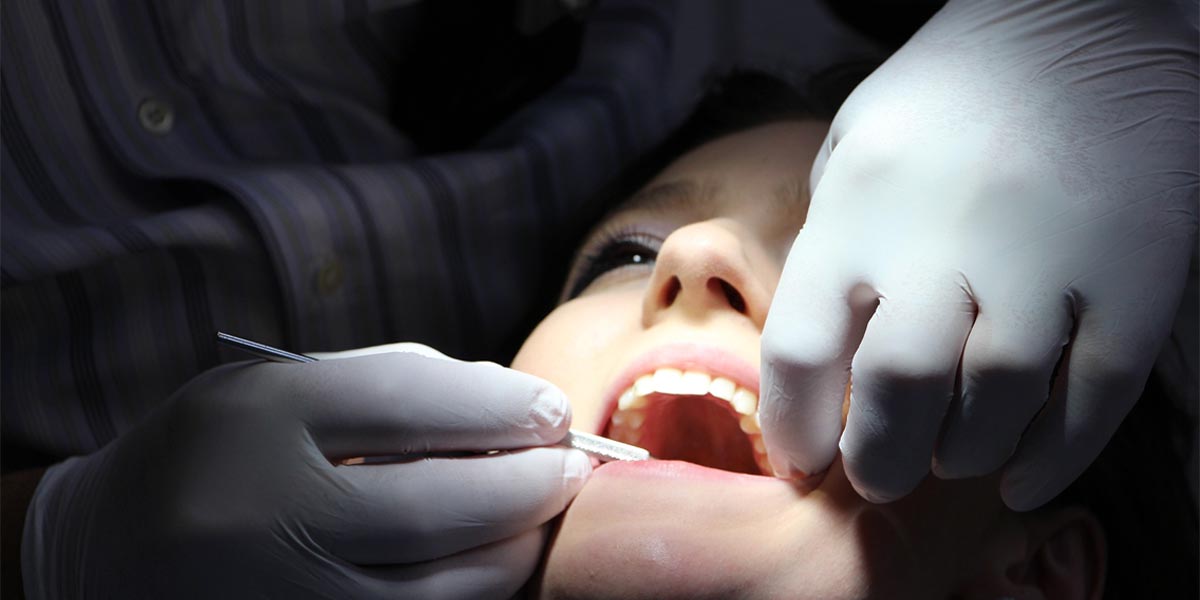A dental bonding procedure is the application of composite resin to repair decayed, chipped, and cracked teeth. It also improves the shape of the teeth and whitens them. The procedure is fast, and the patient doesn’t need anesthesia unless dealing with tooth decay.
You can complete this procedure with one visit to our Newmarket dentist.
The two types of dental bonding procedures
Direct composite bonding
It is also called direct composite veneers. Direct composite bonding is for repairing chipped, cracked, and worn-down teeth. It also fixes the gap between the teeth by filling it. This type of dental bonding procedure is commonly done for cosmetic purposes.
Direct bonding takes about 30 – 60 minutes per tooth. The dentist applies the composite material directly into the teeth with a bonding agent.
Adhesive bonding
Our Newmarket dentist does adhesive or indirect bonding for dental situations that need more work. Examples are dental crowns, veneers, bridges, inlays, and onlays. He will first roughen the teeth with a phosphoric acid solution. Then he will bond the resin with a liquid bonding agent.
Dental procedures and aftercare
A shade guide will help our dentist to choose the right composite resin colour that matches your teeth. After this, the dental bonding procedure will begin. Your teeth surface will be roughened and then applied with a conditioning liquid. The putty-like resin is then applied to the damaged area. An ultraviolet light hardens it after. Your dental bonding will last for years with good oral hygiene practices. Try to avoid chewing hard foods and putting too much pressure on them. Minimize stains on your teeth by refraining from coffee, tea, and cigarettes. Check with your Newmarket dentist at least twice yearly to keep your teeth healthy and clean.

